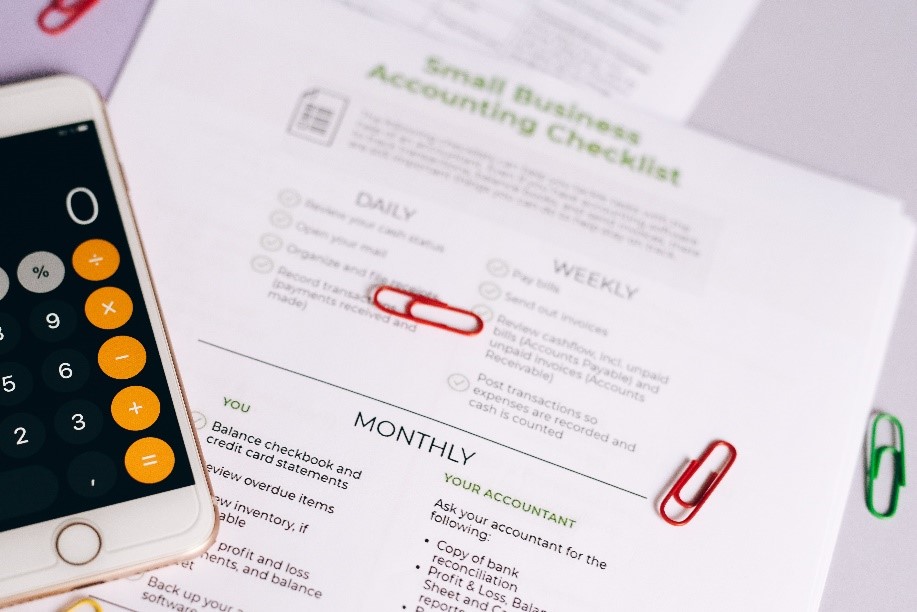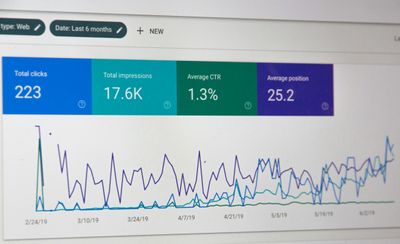Most people know that the Australian Goods and Services Tax (GST) is a 10% value-added tax on most goods and services. GST is generally required where a seller is registered or required to be registered for GST and operates as an "enterprise."
However, did you know that if you buy commercial real estate, you must also register for GST? It is an important step in your investment journey, but many investors fail to budget for GST. This has the potential to cause serious issues the sums involved can be substantial.
GST regulation complexities can be daunting. However, if you do your homework and consult with a professional, you will not miss out on valuable GST credit opportunities or fail to pay GST when required.
These and other important GST considerations are covered in greater detail below. When first getting started, it's also a good idea to look into the GST property tool provided by the Australian Taxation Office (ATO).
When Is GST Normally Payable?
Whether you are buying, selling, or leasing commercial property, you are typically considered to be "carrying on an enterprise" for GST purposes. If your annual gross revenue, excluding GST, exceeds $75,000, you may be required to register for GST.
If you are GST registered (or are required to be) and intend to sell your commercial property, you must usually charge 10% GST on the sale and pay this amount to the ATO. Because GST will not be part of the money you keep, you should factor it into the price of your property.
Sellers typically fund their GST liability by charging a GST-inclusive price (with the expectation that on receipt of payment, they would be able to cover their GST liability). They can also quote the price GST-exclusive, but with the contractual right to be paid an additional amount by the purchaser to cover the GST.
Does GST Apply to Commercial Property
Certain types of property are subject to Goods and Services Tax (GST) if the seller (vendor) is registered or is required to be registered for GST purposes. Commercial property differs from residential property in a few ways, according to the A New Tax System (Goods and Services Tax) Act 1999 (GST Act).
GST will be levied on all commercial property sales made by a registered entity, such as commercial property owners with an annual turnover (including rental income) of more than $75,000.
Commercial property owners with an annual revenue of less than $75,000 (including rental income) may register for GST. A property owner must group all of their businesses to determine whether or not to register for GST.
If an unregistered commercial property owner also does not have an ABN to include on rental invoices issued to tenants, the tenant may be required to submit a portion of the rental payments directly to the Australian Taxation Office (ATO).
In this case, the unregistered commercial property owner may wish to apply for an ABN instead.
Can You Claim GST?
Commercial property buyers are typically eligible for GST credits. However, it is highly recommended that buyers do their due diligence or risk losing large sums of money.
To put it another way, you must first determine whether you are subject to GST. You'll also want to know if you can claim the GST as a credit.
To qualify for GST credits, the following preconditions must be met:
- At settlement, GST had to be paid.
- Both the seller and the purchaser must be GST-registered.
- Tax invoices must be kept for the items and services being claimed.
- There is a four-year filing window for deductions.
- Both the margin scheme and a GST-free "supply of a going concern" are ineligible for the sale of the property.
Other factors may reduce or limit your eligibility for GST credits. This includes renting the property out as independent living units in a retirement village, as well as for private or domestic use.
Buyers must ensure that they are GST registered and have received a tax invoice for their purchase. They can then use their Business Activity Statement (BAS) to claim GST credit entitlements.
When Do I Need to Register for GST?
Before listing a property, a seller should register for GST with the tax office and obtain an Australian Business Number (ABN). When this occurs, you can start charging your sale price + 10% GST on top to cover the tax.
For example, if you are selling a $1 million property, the contract would be $1.1 million (GST included), with $100,000 payable to the ATO at settlement. If a vendor fails to register but is required to pay GST, they must do so out of pocket.
This means that if a property sold for $1 million excluding GST, the seller would owe $100,000 and receive only $900,000, demonstrating why failing to register for GST can be a costly mistake. Failure to register for and pay GST on time may result in an ATO penalty.
Conclusion
GST issues are numerous and diverse in the commercial real estate sector. As a result, it is prudent to exercise caution when it comes to GST in commercial property transactions.
There are also issues with joint ventures, co-ownership, and other similar arrangements that can lead to negative GST outcomes. The implementation of the margin scheme continues to be difficult, and the retirement living and tourist accommodation sectors remain problematic.
Given the large sums typically involved in property purchases, as well as the risk of something going wrong, it is generally recommended that clients seek GST advice on all property transactions, even those that appear to be "plain vanilla."
Registry Australia has implemented more efficient methods for dealing with business registry services. Businesses save time and money by focusing on more important tasks while we handle the rest. Get in touch with us today for more information.





